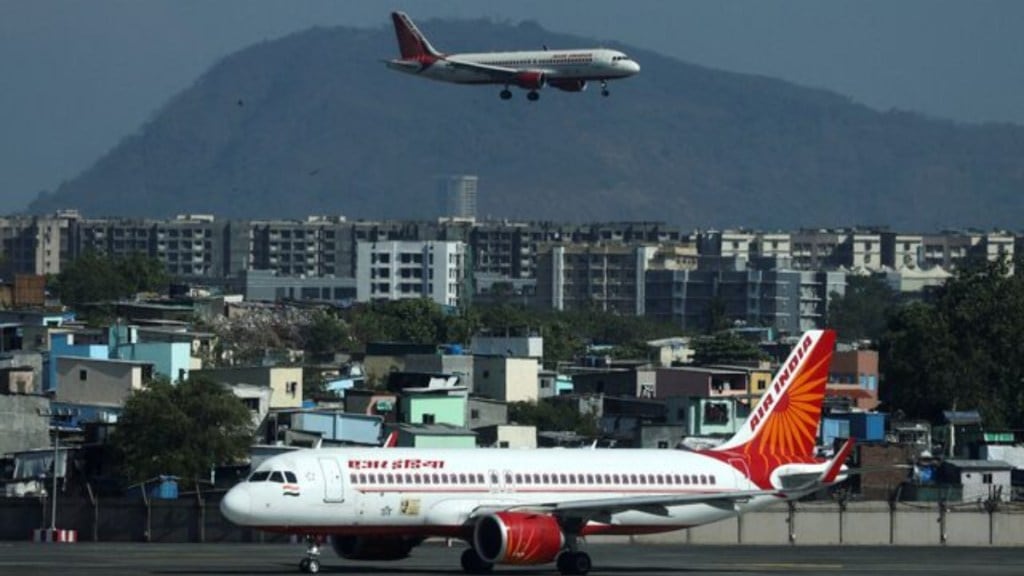A section of Air India pilots is expressing dissatisfaction over the differing retirement age limits between Air India and Vistara, ahead of the planned merger between the two airlines. The issue, which remains unaddressed by the management, has sparked resentment among Air India pilots as they prepare for the consolidation of the Tata Group-owned carriers.
Currently, Air India has a mandatory retirement age of 58 years for its pilots and other staff members, a policy that dates back to when the airline was owned by the government. In contrast, Vistara, which is jointly owned by Tata Group and Singapore Airlines, has a higher retirement age limit of 60 years for its pilots. The merger, set to take place on November 11, is part of the Tata Group’s broader strategy to streamline and consolidate its aviation business. However, sources indicate that the lack of a clear policy on a unified retirement age is causing friction among Air India pilots.
Discontent Brewing Over Seniority and Retirement Benefits
While the management has worked swiftly to standardize salary structures and other working conditions for employees of both airlines, the retirement age issue remains unresolved. Sources close to the matter suggest that many Air India pilots feel at a disadvantage, as their Vistara counterparts stand to benefit from an additional two years of service under the current policy.
This discrepancy is seen as particularly unfair, as the Directorate General of Civil Aviation (DGCA) regulations permit pilots to fly up to the age of 65. In response to this, Air India introduced a policy earlier this year allowing certain pilots to continue on contract for up to five years after retirement, with the possibility of extending their service until they reach 65. Despite this move, pilots are still pressing for a uniform retirement age of 60 years across both airlines to resolve the inequality.
Additionally, there are complaints about the seniority list following the merger, with some Air India pilots reporting that their positions have been downgraded compared to their Vistara colleagues, despite having more experience and longer service with the airline. The ongoing concerns highlight the complexities of merging two large organizations with different operational frameworks and policies.
(With PTI Inputs)
